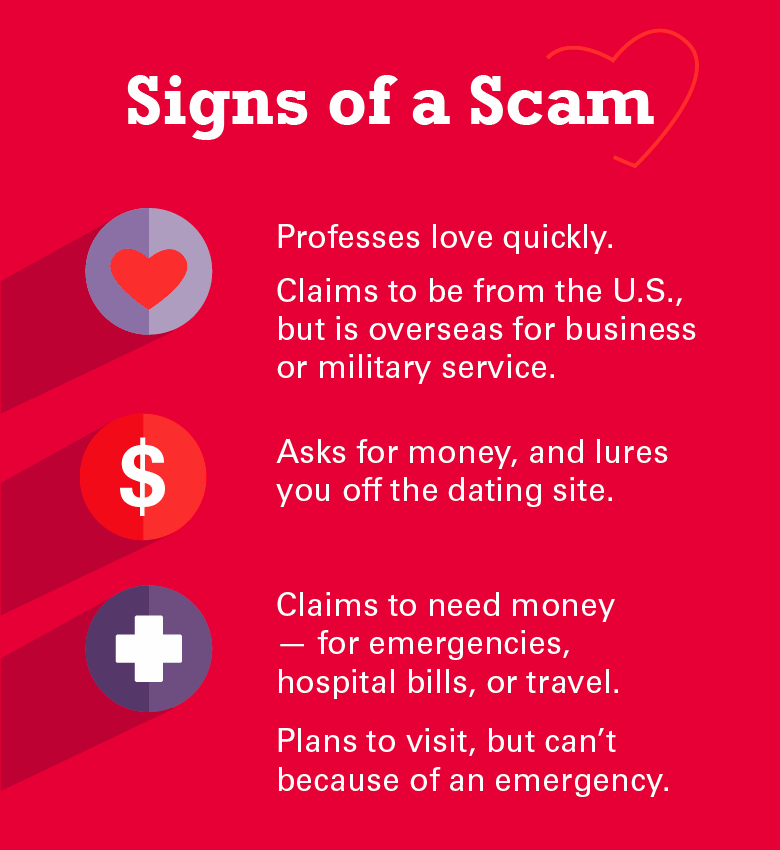Romance Scams
Romance scammers pretend to be in love to manipulate victims for money, often spending months grooming them. They may pose as military personnel, oil workers, or doctors and are skilled at extracting money repeatedly, driving victims to financial ruin. Victims are emotionally invested and may ignore evidence, holding onto hope even when confronted with the truth.
Empathy Is Key
People seeking companionship are hopeful and vulnerable, making it difficult for them to accept that their relationship is a scam. For example, one case involved a grandmother convinced she was speaking with Johnny Depp. Even after her family intervened, she clung to the thought, “What if it’s real?” Optimism can inspire great things, but it can also cloud judgment.
Seems like the family did whatever they could - filing a police report, locking credit cards, putting fraud alerts, etc. This can be a tough situations for the family as well, who trust their elders with their personal information as well. It's hard to restrict their freedom, but can be some times necessary for the good of all.
How can you protect yourself?
- Recognize Common Signs:
- The scammer avoids meeting in person or making video calls.
- They profess love or strong emotions quickly.
- They make up stories of financial hardship to ask for money.
Never send money, gift cards, or cryptocurrency to someone you haven’t met in person.
As a family member or friend
- Encourage Open Conversations:
- As a family member of friend, start with a non-judgmental conversation. “Can you tell me more about your new friend? Have you met them in person?”
- Be a confidant and help them find more information about the person's identity by doing reverse image search on internet.
- Guide elders to other safer platforms to meet others, staying connected with friends or family helps reduce isolation, making them less vulnerable to scams.
- Stay Informed and Observant
- Monitor financial statements regularly. Watch for unusual activity.
- Educate them about scams with real life examples.
- Set privacy settings on social media and online accounts to limit access.
- Teach them to avoid sharing personal details, like financial information or their address, with strangers online.
Convincing Victims
Helping a romance scam victim see the truth can be challenging. Watching shows like Dr. Phil or Catfish together may help them recognize the signs of a scam. Victims may find it easier to accept information from these sources than from family. Start with this video: Romance Scams Explained.
More resources

Rajat Aggarwal
I'm based in Seattle and have spent over a decade in the software industry. Recently, I've discovered my true passion: teaching and maximizing the impact of the resources I have to create meaningful outcomes. When I’m not sharing knowledge, you’ll likely find me diving into random science books from the library, letting my curiosity whisk me away into fascinating new worlds. I’d love to connect—feel free to reach out on Facebook or LinkedIn! Let’s inspire and grow together.



